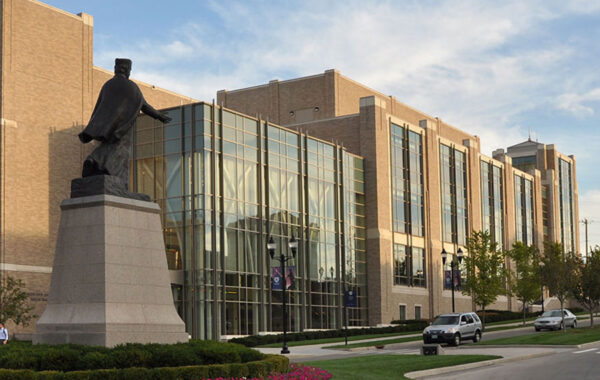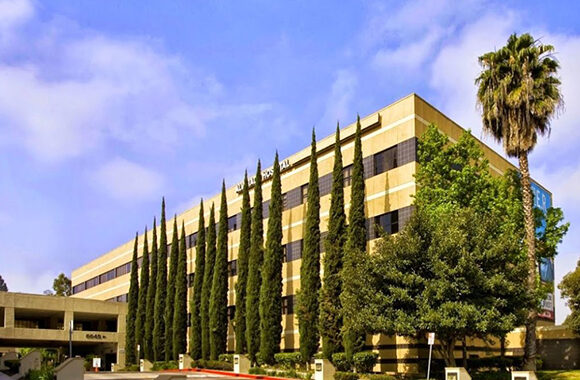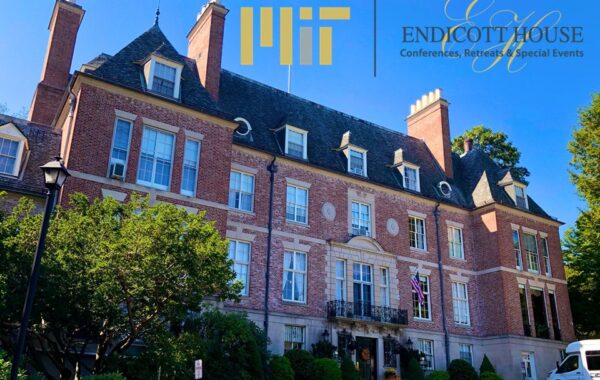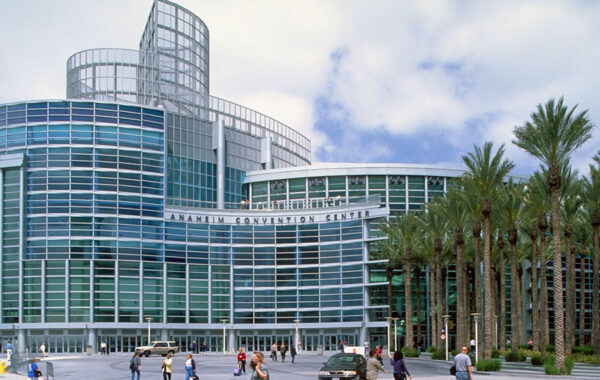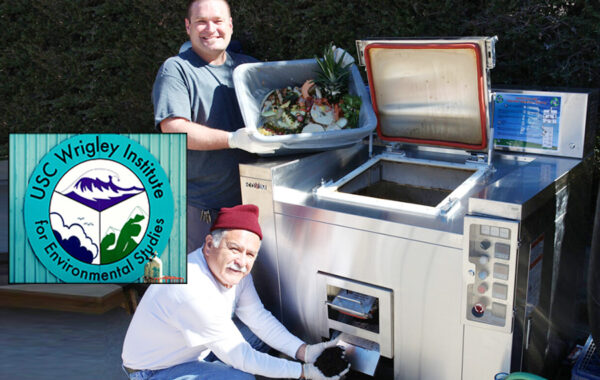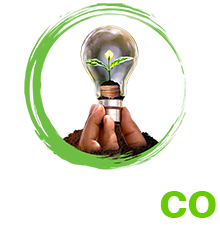Proof of Concept
The students decided food waste was a problem after learning how food decomposing in a landfill released methane, a greenhouse gas roughly thirty times more potent than carbon dioxide, into the atmosphere and how the nutrients from the food never returned to a useful form. Compost holds onto the nutrients and carbon in food, and as fertilizer, it supplies those materials for the growth of new food, elegantly closing the cycle. The Ecovim machine is particularly remarkable in its ability to process dairy, meats, and bread, big no-nos for backyard composting. With this machine, no food will go to waste. The students started by making their case to school administrators and the Buildings and Grounds department, the custodians who would end up with the extra work of installing and maintaining this machine. They ran a study to estimate the quantity of food waste produced every day. This year, they applied for a grant from the La Crosse Community Foundation and a grant from the Onalaska Education Foundation. In addition, they organized a fundraiser selling fabric bags made from donated scraps, raising almost fifteen hundred dollars and educating the community on the Ecovim project. These funds, combined with a generous personal donation from the Diermeier family, were sufficient to purchase and install the machine.

